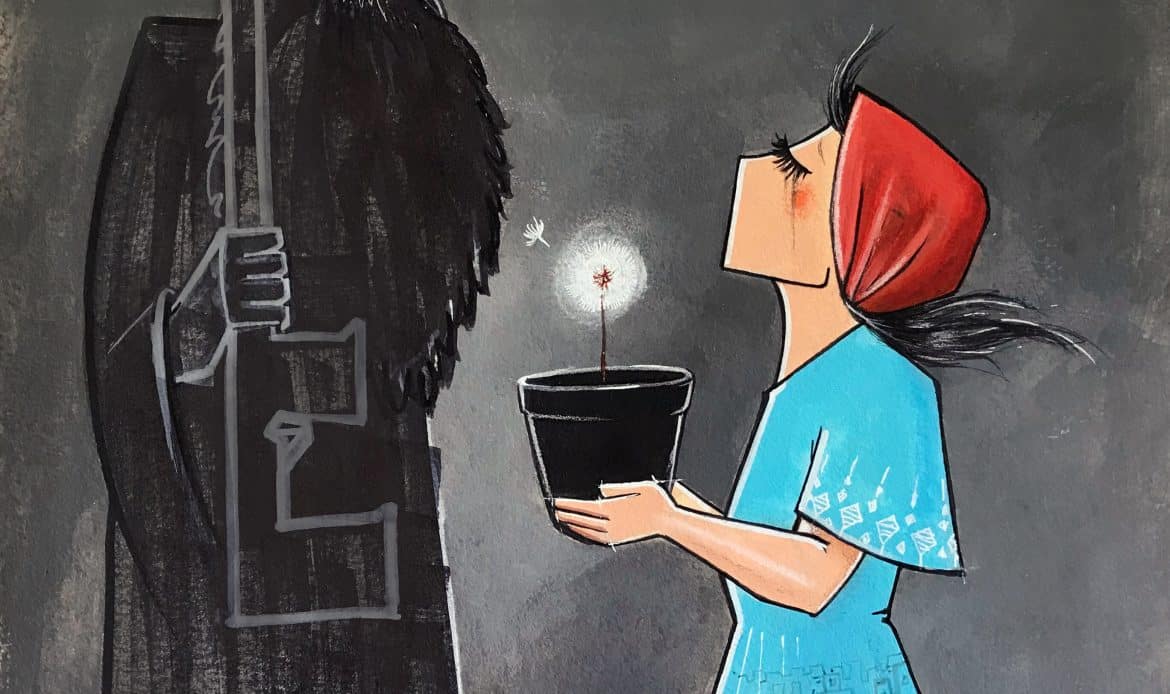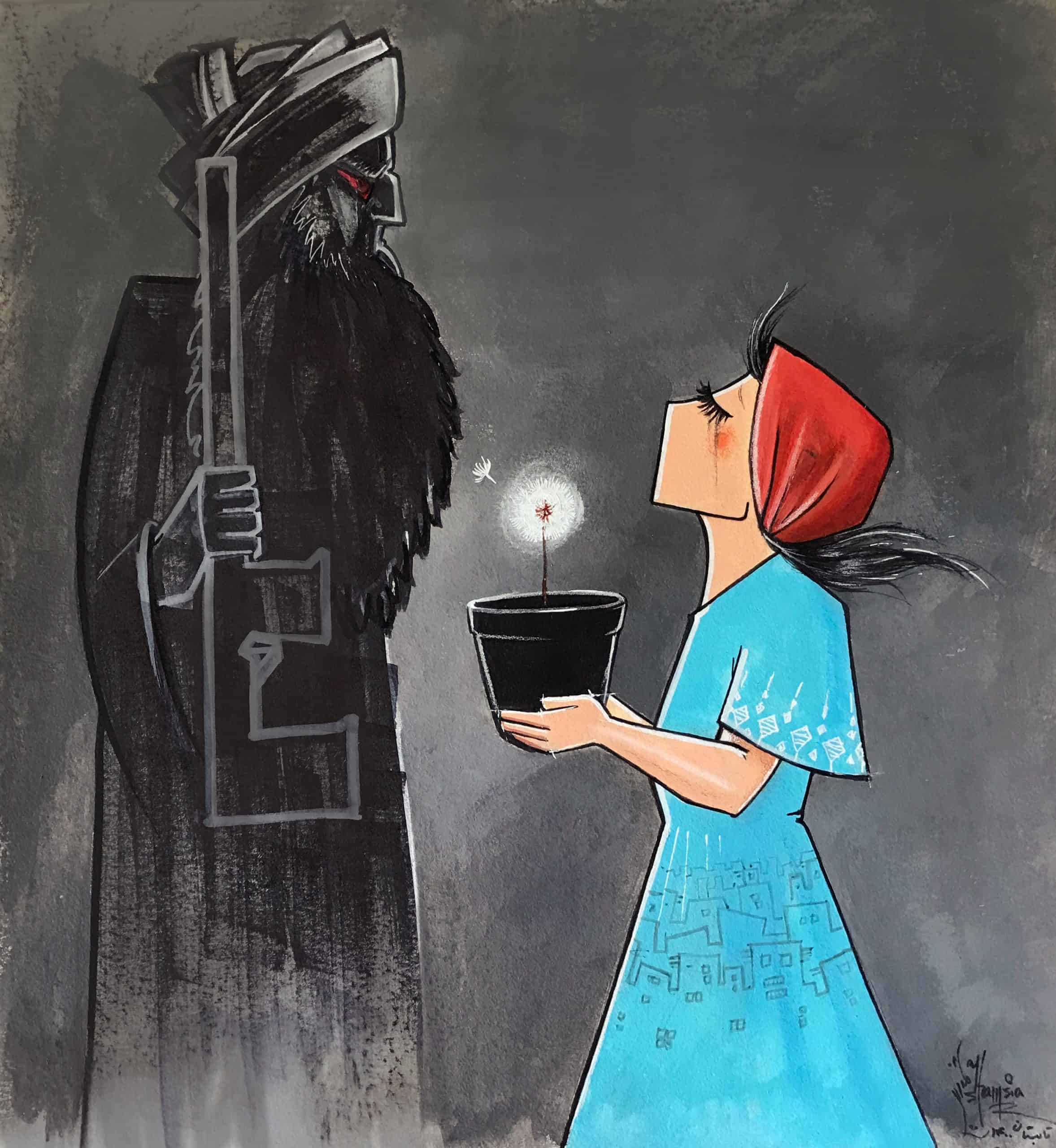Marking Four Years of Erasure, Fear, and Defiance

Four years have passed since Afghanistan was handed over to the Taliban through a deeply flawed peace deal brokered by the United States. Four years since Afghan women were pushed from classrooms, workplaces, parks, and streets. Four years of silence imposed through fear, imprisonment, and death.
This is not just repression. This is erasure.
Since August 2021, Femena has documented over 131 edicts issued by the Taliban aimed at removing women from every sphere of public life. Each decree chips away at women’s freedom, dignity, and visibility, banning girls from school beyond grade six, expelling women from universities, prohibiting them from working in most sectors, requiring a male guardian for travel, and banning their voices in public, even in the presence of other women. The Taliban have even stated that windows should not face areas where women are present, and, chillingly, a Taliban member recently declared that women only need one eye to see. This is not just repression; it is the systematic erasure of women from public life.
What remains is not life, it is survival under siege.
The regime’s violence is not hidden. They do not shy away from the oppression they impose and they get away with. Women have been beaten, abducted, imprisoned, and even killed in broad daylight. In a recent case, Zeba, a health worker in Nangarhar province, was shot and killed. There has been no justice or accountability for this horrific act. In a country where medical training for women is banned and treatment of women by male health workers is also prohibited, Zeba was doing the work of a hero, saving lives despite the risks. And for that, she was killed. Her name joins a long list of women who have paid for their resistance or mere presence with their lives.
This is a testimony from a young woman in Dashte Barchi, a Hazara-majority neighborhood in Kabul, where the Taliban have recently escalated raids on women:
“I live in Dashte Barchi. The situation has been hard since the Taliban came, but it has been particularly harder these days. We can’t even leave the house to get groceries or take a walk. This is the second time the Taliban are raiding this area and abducting girls and women.
They say it is for hijab, but that is not the case. I have seen women dressed exactly how the Taliban want us to dress, and they still abduct them. Usually, when they take women, we don’t hear about what happens to them. They take them forcibly. They say, ‘You are not covering your feet,’ or ‘You are supposed to wear gloves to cover your hands.’ It is really not clear what they want.
I have also heard that when families of some girls visited police districts seeking information about the whereabouts of their daughters, they were told to stop looking because their daughters had been married off to a mujahid and are ‘living their life.’
I have even heard that a married man’s wife was taken by them and forcibly married off. They made the husband divorce his wife.
People don’t speak about these things to protect their honor. Dashte Barchi is extremely unsafe for Hazara girls. We can’t leave the house out of fear. We have tried every hijab requirement they set, but they are not consistent.”
These stories rarely reach the headlines. Families are silenced by shame, fear, or threats. Women who protest face violent crackdowns. Femena’s latest report, based on interviews with former women detainees, details harrowing accounts of torture, humiliation, and solitary confinement inside Taliban prisons, simply for peacefully protesting or refusing to disappear.
This is gender apartheid, and it is being enforced with weapons, prison cells, and silence.
This is femicide, happening in slow motion, day after day, under the eyes of a watching world.
Yet in the face of this darkness, Afghan women resist. They build underground schools. They form mutual aid networks. They document abuses, shelter one another, and use songs, poetry, and protest as weapons of survival. This resistance is not symbolic; it is sustaining life in a country where life is being systematically destroyed.
The international community cannot look away. This is not a “normal” crisis. This is a war on women, relentless and calculated.
To mark this painful anniversary, we urge governments, institutions, and civil society not only to condemn what is happening but to act. Hold the Taliban responsible for crimes against women and human rights through international courts and mechanisms. Do not treat the Taliban as a legitimate government. The Taliban must not represent Afghanistan at the United Nations. That seat belongs to the Afghan people, not their oppressors. Fund women-led networks still holding the line. And above all, amplify not just the suffering, but the demands, leadership, and resistance of Afghan women.
We call on feminists, activists, and allies to join our joint campaign with Rawadari, #Power2AfghanWomen, by sharing a message of solidarity and standing with Afghan women in these difficult times.
Because Afghanistan has not just fallen. It has fallen on its women.


